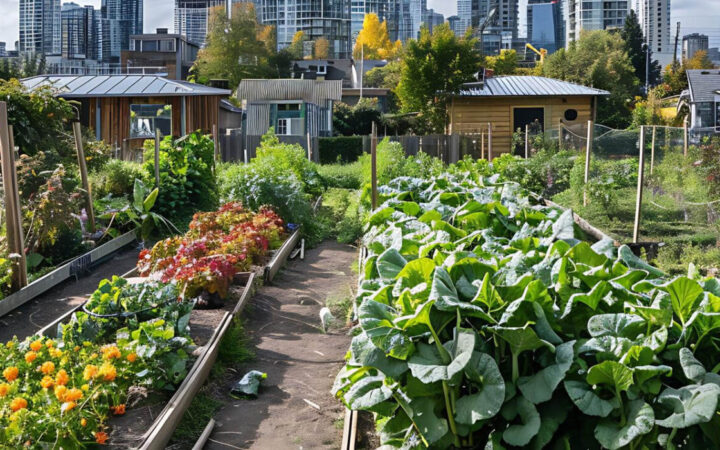There are several reasons why governments should consider including carefully written definitions with new laws or ordinances. This guide describes what types of terms should be defined and the common practices for drafting good definitions in local laws.
Introduction
Local governments should consider including definitions with new laws or ordinances and think carefully about what terms to define. This guide describes what types of terms should be defined and the common practices for creating good definitions in local laws.
Why Use Definitions?
Local governments define terms to identify norms that create a model for future relevant legislation. Laws create a model for behaviors, individuals, and actions but definitions become the building blocks of these models because the laws are effective to the extent that the definitions are satisfied.
Definitions are useful tools for governments to make legislation more effective, efficient, and clear. They are important for closing loopholes within legislation by making clear what falls outside of the scope of a law. Clear definitions also make it less likely a term’s meaning will be challenged in court.
Definitions ease the legislative drafting process by promoting readability and efficiency. By defining key terms, it reduces the need to explain those terms in the substantive parts of a law.
Definitions also serve to build trust between governments and communities because they increase certainty and predictability for those affected by a law. Definitions clarify the current application of legislation, which supports implementation and enforcement.
Suggested Citation
Drafting Definitions in Local Healthy Food Access Policies, Healthy Food Pol’y Project, https://healthyfoodpolicyproject.org/drafting-definitions (last visited May 30, 2024).



